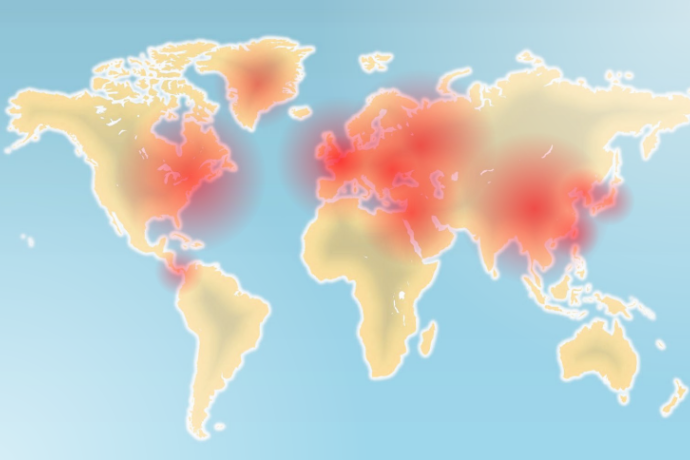Europe’s Suez moment

With US president Trump living up to his campaign promise to quickly end the war in Ukraine through what Ukraine and Europe fear would be a Russian peace without their involvement, Europe collectively faces its 21st century Suez moment. A Russian strategic victory in Ukraine, acquiesced and even enabled by the US, would mean a profound geopolitical humiliation for Europe akin to that of post-war UK through the Suez debacle.
If the US abandons the international coalition that enables Ukraine’s war effort, Europe has to be realistic. Ukraine fighting on against an emboldened Russia without a US security guarantee would effectively mean a European-Russian war, a prospect beyond anyone’s imagination. We should embrace the US aim to end the war in Ukraine quickly, swallow our pride in being muscled out the preliminaries of negotiations, acknowledge occupied territories cannot now be fully regained if hostilities stop, and focus entirely on shaping a just European peace.
We stand shoulder to shoulder with Kiev in its desire to ensure a free Ukraine that remains independent from Russia, sovereign in its international alliances, and democratically western as a future EU member state. Such an outcome would be a strategic defeat for Russia while the Kremlin could propagandize its territorial gains and its return to the international stage as a victory domestically. The extent to which an eventual peace deal will cement or destroy these aspirations will determine whether Europe will or will not experience its Suez moment in Ukraine.
Trump the dealmaker wants to end the war more than he cares about the peace terms. This may still work to Europe’s advantage. What would that take? The first European priority would have to be a secured demarcation line or no-man’s-land along the entire Ukrainian-Russian front line and for any contested territories. Only if immunity from new Russian interference can be achieved, can the free part of Ukraine realistically embark upon a pro-western post-war trajectory. Military analysists assume a rotating peace keeping or monitoring force of potentially well over 100000 soldiers, backed up by significant logistics. Europe’s depleted armies would struggle to deliver this but Europe could bear the brunt of the cost and the operations while seeking to coordinate an international alliance, with the UN where possible.
Europe needs a historic, urgent and unparalleled mobilization of funds
A long term peace keeping effort and buffer zone would have to be secured and fortified, an undertaking presenting significant opportunities for America’s defence and security contractors. The subsequent post-war reconstruction of a stable Ukraine would be a true investment bonanza. An attractive proposition for Mr. Trump, particularly if Europe picks up much of the bill and does for Ukraine what the US Marshall Plan did for Europe after the Second World War. Europe needs a historic, urgent and unparalleled mobilization of funds, to be steered and dedicated to the safety, security and prosperity of a free Ukraine. The EU centralized vaccine production and invented mutualized debt during COVID. It could pool in the same vain for Ukraine, preferably in an open alliance that does not require all its member states and can include third countries like the UK.
By turning peace into an investment deal, Europe can have Mr. Trump’s ear. It can leverage its position by connecting Ukraine to some of the core issues of his presidency: Europe paying up in NATO, buying more US gas, resources and goods in a new trade pact, partially aligning with the US on decoupling from China, all while avoiding a second Afghanistan in Eastern Europe and deterring China vis-à-vis Taiwan. Europe does have capacity to help shape the terms of any Ukraine deal, provided it can convince the Americans of our strategic worth.
The emergency summit in Paris was a symbolic first step, topped by the presence and voluntarism of a post-Brexit UK. But the leaders present showed hesitancy in taking responsibility on the ground in Ukraine while failing to deliver concrete actions. The contrast with the AI summit announcing historic investment deals and convened by the French president Macron scarcely a week earlier is striking. Europe needs speed and action at scale, backed up by sufficient European political resolve and budgets. It is understandable that the bigger EU member states want to set the tone together, as was evident in Paris, but they need to show all of Europe they are willing to lead together as well.
Our common European future will be on the menu of any peace negotiations over Ukraine, whether we have a seat at the table or not. The future of Ukraine will cost us and future Europeans dearly, whether it is for a pro-western peace and prosperity or for a new age of instability and conflict. The price of a good peace for Ukraine is a generational investment in Europe’s common long term security and resilience. If Europe is willing to pay that price, America is likely to pay attention.



